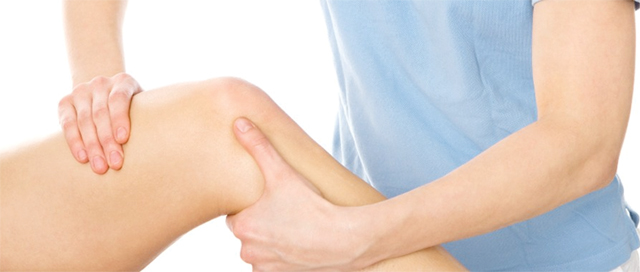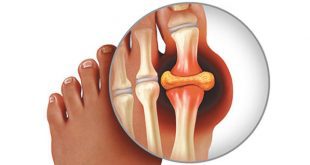By Valerie Chouinard, Physical Therapist Assistant –


Lymphedema is a common condition affecting millions of Americans. It is an abnormal accumulation of fluid that causes swelling and may be present in the extremities, trunk, abdomen, head and neck, external genitalia and inner organs. Lymphedema is a progressive condition and if left untreated it can cause long term physical and psychosocial effects for the patient.
Lymphedema is genetic, making your risk of developing it higher if someone in your family has the condition. Other causes and contributing factors of lymphedema include: surgery, radiation therapy, infection, pregnancy, being overweight, and a sedentary lifestyle. A lack of full range of motion in extremities can also increase your risk of developing lymphedema.
Early signs or symptoms of an affected extremity to watch for are: tightness, swelling, a feeling of heaviness or aching, or a burning/tingling sensation. If you experience any of these signs of lymphedema it is advised that you seek medical advise before the condition gets worse.
Treatment for lymphedema varies depending on the severity of the condition. The most important aspect of any treatment plan is education. If you are at a greater risk for lymphedema, there are things you can do to reduce your chances of developing symptoms. If you currently experience symptoms, you should consider the following tips to help minimize the chances of making them worse.
Take proper care of your skin.
It is important to use sunscreen and insect repellent, avoid punctures, wounds, or nicks from razors. Use gloves while working in the yard, doing dishes or using chemicals.
Wear compression garment.
Compression garments, when worn properly, may alleviate symptoms. They should be well fitted and used during exercises or strenuous activity.
Avoid constricting affected limb.
When possible, wear loose clothing and jewelry (if jewelry become tight remove it to prevent making symptoms worse) and avoid having blood pressure taken in the involved extremity.
Avoid extreme temperature conditions.
Prolonged exposure to extreme cold or hot environments, including jacuzzis and saunas, can trigger symptoms or make them worse.
Maintain a healthy life style and exercise.
Exercise has positive and negative physiological effects on the lymphatic system. Maintaining full range of motion (ROM), preventing joint contraction, and improving lymph flow are potential benefits of flexibility/mobility exercises when done appropriately. Resistive exercises should be performed initially at a low intensity level and gradually increased. To minimize potential harmful effects of exercise take breaks, avoid constant gripping, avoid strenuous activity and use a compression garment. The benefit of resistive exercises and aerobic conditioning include enhanced blood flow and venous return. Consultation with a certified lymphedema therapist is crucial to learning the proper activities which promote these benefits while avoiding potential increased swelling, pain, and infection which can occur with the wrong exercises.
The lymph system is dependent on movement and muscle contraction, it is important to maintain normal joint ROM and surrounding skin and connective tissue length with mobility and flexibility exercises. Some patients may require manual therapy and scar mobilizations to ensure that fibrotic tissue return to its maximized movement. The lymphedema therapist can provide complete decongestive therapy which includes patient education, skin care, manual lymph drainage, compression and exercise.
There is a decreased chance of developing lymphedema if you maintain a healthy musculoskeletal system with normal ROM and tissue mobility in combination with good cardiopulmonary fitness, while being mindful of risk factors and life style modifications as well. If you are at risk for lymphedema and notice changes, a trained and experienced physical therapist can help you develop a proper treatment plan. Val Chouinard, is a Certified Lymphatic Therapist at Progressive Physical Therapy and has experience helping clients relieve painful symptoms caused by lymphedema and other conditions. If you have lymphedema and proper physical activity would minimize your symptoms, please notify your doctor and obtain a referral for an appointment with Val at Progressive Physical Therapy 941-743-8700.
Progressive Health and Racquet Club
914-743-8700
www.progressivehealthplex.com
 Southwest Florida's Health and Wellness Magazine Health and Wellness Articles
Southwest Florida's Health and Wellness Magazine Health and Wellness Articles

